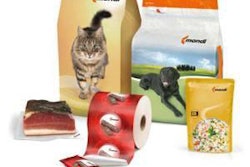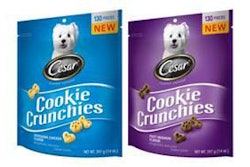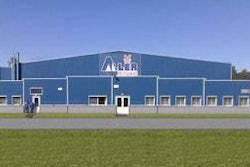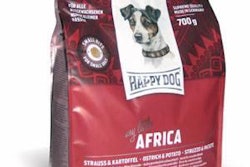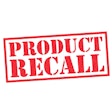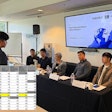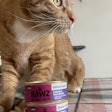A one-week Practical Short Course on Aquaculture Feed Extrusion, Nutrition and Feed Management will be held September 23-28, at Texas A&M University by staff, industry representatives and consultants.
The course will cover information on designing new animal feed mills and selecting conveying, drying, grinding, conditioning and feed mixing equipment, including equipment for petfood. The course will also review current practices for preparing full-fat soy meal processing; recycling fisheries by-products, raw animal products and secondary resources; raw-material extrusion of floating, sinking and high fat feeds; spraying and coating fats, digests and preservatives; use of encapsulated ingredients; preparation of premixes; nutritional requirements of warm water fish and shrimp; feed management; and least-cost formulation.
Practical demonstration of sinking, floating and high-fat aqua feed are shown on four major types of extruders (dry, interrupted flights, single and twin-screw), using various shaping dies. Other demonstrations include vacuum coating and lab analysis of raw material for extrusion.
Reservations are accepted on a first-come basis. For more information, programs and application forms, contact Dr. Mian N. Riaz of Texas A&M's Food Protein R&D Center by phone at +1.979.845.2774 or by email at [email protected].


